![Bunn, Hurtt And Crabtree Ride On With ‘The Sixth Gun’ [Interview]](http://townsquare.media/site/622/files/2013/08/sixthgunfeature.jpg?w=980&q=75)
Bunn, Hurtt And Crabtree Ride On With ‘The Sixth Gun’ [Interview]
The Sixth Gun is handedly one of the better original series to be unleashed on the comics market in recent memory, and though it began only three years ago, the title is preparing to come to an end. Finalizing at issue fifty, The Sixth Gun is well more than halfway through its inevitable conclusion. But with a little more than a year left in its story, there's still plenty of time to get caught-up and on board with the Eisner and Harvey Award-nominated series by writer Cullen Bunn and artist Brian Hurtt.
Ending a successful series in a market rife with cancellations may seem like a bold decision; still, the choice is true to the action-packed adventure thus far. Every issue of The Sixth Gun moves the story forward. A well-selling western-fantasy tale about six ancient weapons that could bring about the end of the world might drag-on for an eternity, but not when the choice falls under the helm of its creators.
"The SIxth Gun is a fast moving book," says Hurtt (Queen & Country). "Things happen. People don't just talk and make a pop-culture reference and pretend to have real people problems. It has a beginning, middle, and end."
Having an artist speak so definitively about the plot of a series may not be the industry standard, yet this close connection to artist and story is something Bunn (Deadpool, Helheim) takes seriously in order to present to readers a unified vision that has a complete arc. Plus, it helps when the artist in question is one of your good friends. Before creating The Sixth Gun, Bunn and Hurtt first met working at different outlets of the same comic book store chain in St. Louis, swapping ideas for characters and stories when talking shop, eventually deciding to pitch a Victorian-era story to Oni Press. The publisher turned them down, but requested to see more work. And in 2007, they landed a short-run series called The Damned. Seemingly, their friendship and history affords the pair a deeper understanding than most partnerships in the field.
"I don't want to be issuing marching orders to any artist," Bunn says. "But when we did The Damned, for instance, we came up with that together. Brian wanted to make sure he wasn't going to just be drawing the pictures, he wanted to be part of the world building. He's helping shape this world, and sometimes he wants me to incorporate characters or themes, I'll try and work that in, but at the same time I want to surprise him with each issue. If I can surprise Brian, or any artist, I think it builds more engagement and excitement build a good energy to the project all the way through. If I'm not excited about something when I'm working on it, I can't expect the reader to, and Brian is my first reader. I want to give him as much bang-for-the-buck."
Making sure his fellow teammates love creating the titles they're working on is something Bunn has made a priority in tightly interwoven artistic process that he and Hurtt have cultivated over the years. Now, with The Sixth Gun, that process includes another intricate member - colorist Bill Crabtree (Invincible).
It's fair to say that colorists too often take a backseat to artists and writers in the comics world, but both Bunn and Hurtt agree that Crabtree's influence and work on the book is a large part of why the title has been well received. And to prove it, Crabtree shares in the profits of The Sixth Gun - something rarely extended to professionals on other creative teams.
"I think with what's possible with technology, the colorist affects the work as much as an inker, even if it's not obvious," says Crabtree. "When you're reading, you're seeing it as a whole; good color or even bad coloring has a big impact. Brian and Cullen are great guys, and it's the best working relationship I've had in my career, both in feeling appreciated and being seen as part of the creative - getting a genuine sense that they love the book. I can honestly say that I would be a fan of The Sixth Gun even if I didn't work on it."
With any luck, the series may soon find an entirely new audience. In the summer of 2011, NBC ordered a pilot based on the comic series. The transfer to a new medium made sense given Hurtt's love of "long wide panels have that letterbox, film style," a way to "seem big without compromising story," he says. The single episode was cast and shot by Director Jeffery Reiner (Caprica, Friday Night Lights).
Earlier this year the network passed on the show, leaving creators and producer hunting for a new home. The creators are hopeful, but not banking on that success alone. The Damned, for example, was originally optioned by Dreamworks, according to Bunn, and was even considered by Showtime.
So, what's next for the trio?
"There's always an appeal to work on major characters I loved as a kid, Ghost Rider, X-Men, Dr. Strange, those are the titles I grew up with," Bunn continues.
"I do enjoy working with all the Marvel characters - it's like getting to play with your favorite toys, but there's another part of me that just wants to do the stories I'm coming up with. When you build something from the ground up, there's a sense of accomplishment and pride in that respect," listing Chris Samnee, Tony Moore, and Alan Davis among his dream collaborators.
Both Hurtt and Crabtree feel more comfortable working on creator-owned projects as well. Above all, however, the team feels blessed to have the professions they do. "I'd say 90% of the people who work in comics are fans, you almost have to be. So I'm very lucky to not have a 'real job' and I appreciate that," says Crabtree.
"As long as I can pay the bills, this is what I want to do," echoes Hurtt.
Although the The Sixth Gun is saddling-up for the final show-down (come on, that barn door was wide-open), this won't be the last Bunn and Hurtt hit the dusty and uncertain trail of in search of comics gold (sorry). Though still unannounced, the pair will have a new project at Oni soon.
Check a preview of The Sixth Gun issue #33 below, on-sale in comic shops and on ComiXology on August 21.
More From ComicsAlliance


![Character Focused: An Interview With Cartoonist Natalie Nourigat [Hire This Woman]](http://townsquare.media/site/622/files/2015/05/temp-header.jpg?w=980&q=75)






